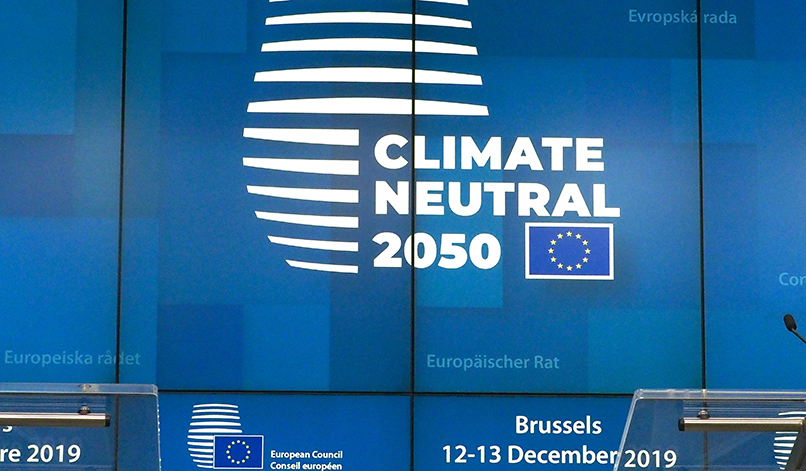| Parliament split over ICE phaseout trajectory
The Commission’s proposed phase-out of internal combustion engines by 2035, as well as the 2020s trajectory in the run-up to this goal, continue to divide Parliament as work on the file advances, with amendment deadlines now having passed for all 3 committees.
ENVI rapporteur Jan Huitema (Renew, NL) and TRAN opinion rapporteur Petar Vitanov (S&D, BG) have both proposed more ambitious targets for the 2020s, including a new 2027 interim target, whereas ITRE opinion rapporteur Dominique Riquet (Renew, FR) has opted for a weakened report compared to the Commission proposal, calling for the decision on a possible ban to only come in 2027.
Debates on the file were held on 13 (ENVI) and 25 (TRAN) January. Overall, S&D and Greens back an ambitious course, with Conservatives fighting against higher ambition and for a “technology neutral” approach, and Renew and Left both split on the issue.
We have prepared comprehensive reports on both debates for you – you can download them here (ENVI) and here (TRAN). |
